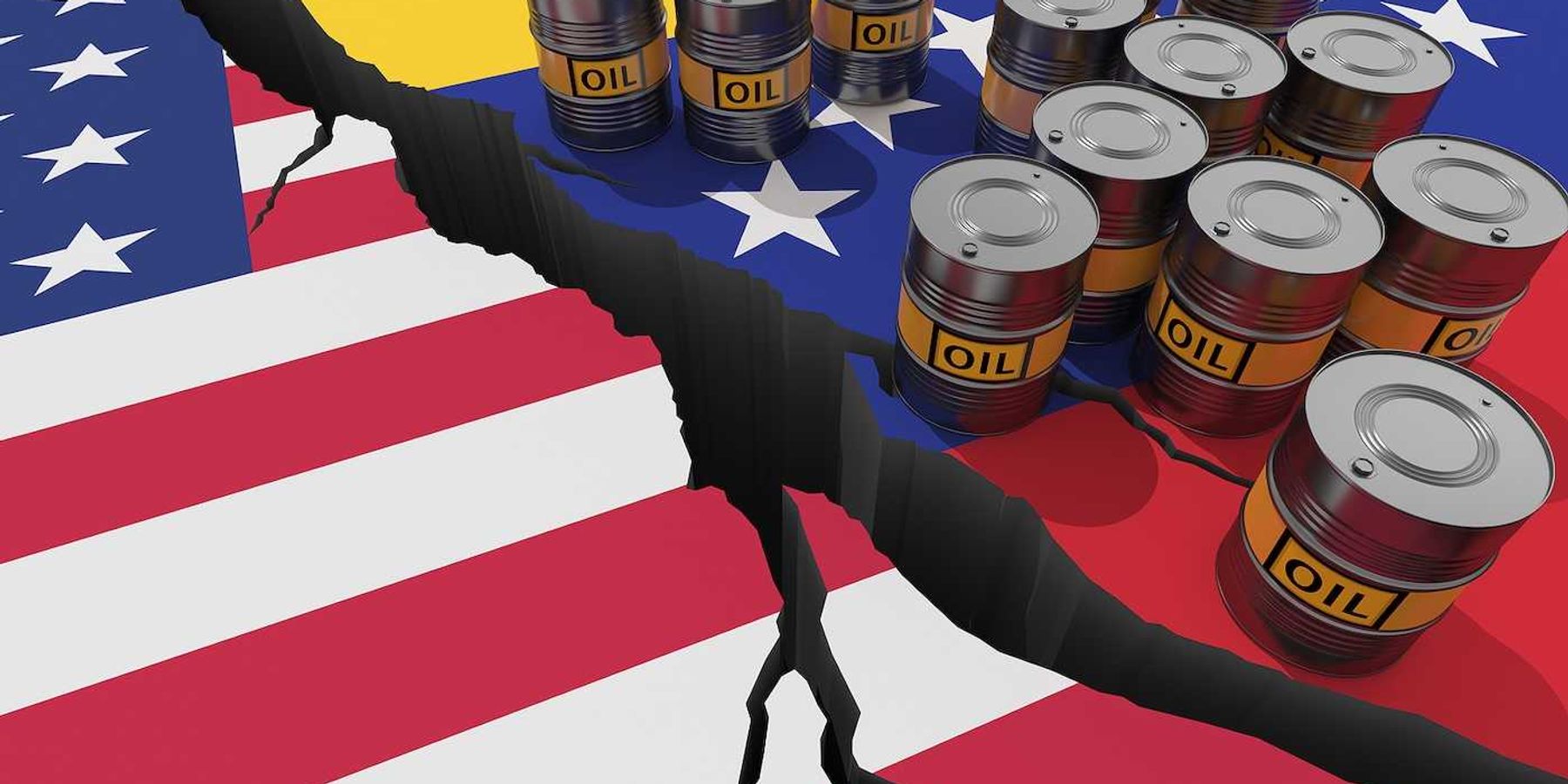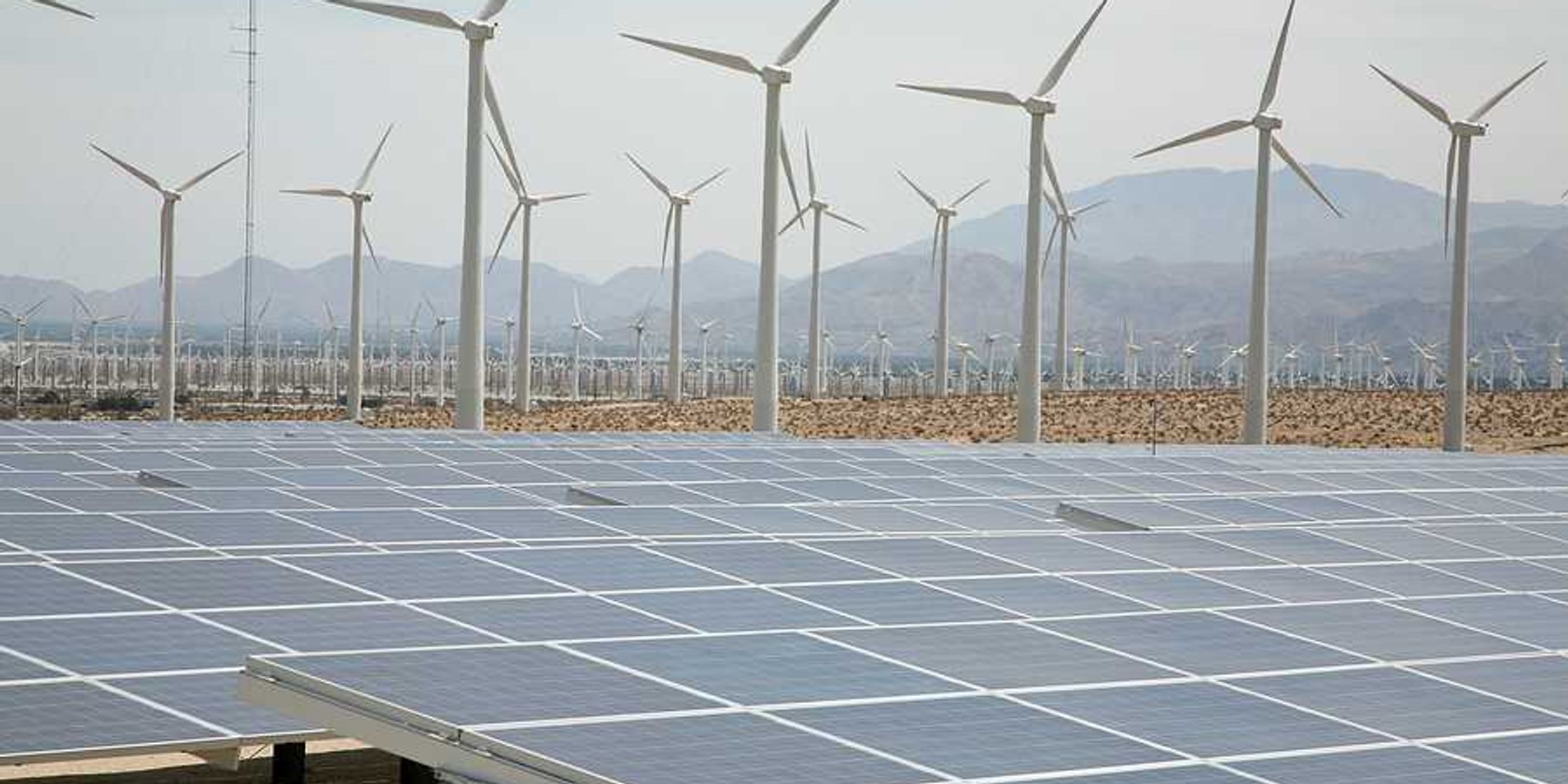north sea
Unions and climate groups call for transition plan for UK North Sea oil workers
Amid the decline of North Sea oil, unions and climate groups demand a clear and funded transition plan to protect jobs and communities.
Matthew Taylor, Helena Horton and Jillian Ambrose report for The Guardian.
In short:
- The North Sea oil industry, a key economic driver for decades, faces terminal decline as oil production drops and companies pull out.
- Last year, the basin had its lowest production year since it was established as an oil basin in the 1970s.
- Unions and climate groups, once adversaries, now unite to ensure a fair transition to low-carbon jobs for the 60,000 workers affected.
- Political parties are divided on how to handle the transition, with Labour promising no job losses and Conservatives pushing for continued exploration.
Key quote:
“We simply can’t let these workers be the coalminers of this generation, with all the devastation to lives and communities that would entail.”
— Joe Rollin, senior organiser at Unite, which represents oil and gas workers.
Why this matters:
The decline of North Sea oil threatens the livelihoods of thousands of workers. Climate groups see the potential for a significant reduction in carbon emissions and a chance to pivot to sustainable energy sources. However, they are also acutely aware that this shift needs to be just and equitable, ensuring that those who have powered the economy for so long are not left behind.
North Sea countries lag in aligning drilling policies with climate goals
None of the major North Sea oil and gas producers are set to halt drilling early enough to meet the global heating target, a stark discrepancy highlighted by a recent report.
In short:
- The UK, Germany, the Netherlands, Norway, and Denmark have not matched their fossil fuel extraction policies with their climate commitments.
- Norway and the UK are notably behind, with aggressive new oil and gas exploration that contradicts the Paris climate agreement's objectives.
- Denmark shows the most promise by setting a deadline for ending oil and gas production and leading international efforts to phase out fossil fuels.
Key quote:
"Failure to address these issues not only undermines international climate goals but also jeopardizes the liveability of our planet."
— Silje Ask Lundberg, Oil Change International
Why this matters:
North Sea oil drilling has been a significant part of Europe's energy strategy for decades, but it increasingly finds itself at the crossroads of economic interests and environmental concerns. As the world moves towards a more sustainable and low-carbon energy future, the role of North Sea oil drilling continues to evolve. The decisions made by countries in the region will not only impact their own energy landscapes and economies but also contribute to global efforts to address climate change.
“Code Red” for climate means reducing US oil and gas production: Derrick Z. Jackson.
North Sea's decaying pipelines: a looming environmental threat
Scientists warn of potential environmental disaster in the North Sea due to decaying oil and gas pipelines releasing toxic substances.
In short:
- Decaying pipelines in the North Sea may release mercury and radioactive substances, posing significant risks to marine life.
- The accumulated mercury in pipelines could increase mercury levels in the sea, affecting the food web and marine biodiversity.
- Current regulations allow these pipelines to remain after decommissioning, raising concerns about long-term environmental impacts.
Key quote:
"Even a small increase in mercury levels in the sea will have a dramatic impact on the animals at the top of the food web."
— Lhiam Paton, researcher, Institute for Analytical Chemistry, University of Graz
Why this matters:
Over time, oil and gas pipelines, often neglected or forgotten, can corrode and leak, introducing hazardous substances into the water. They can cause a range of issues, from physiological stress to genetic damage in fish and other sea creatures. Such contamination can lead to a decrease in biodiversity and can disrupt delicate marine ecosystems.
Be sure to read: Coal, oil and gas have given communities across the U.S. both steady paychecks and devastating pollution.
UK minister's oil production talks with BP amid energy crisis
UK's energy and climate minister Graham Stuart consulted with BP on maximizing North Sea oil and gas extraction, highlighting a clash between profit motives and environmental commitments.
In short:
- Graham Stuart, UK's energy and climate minister, discussed with BP the incentives needed for increased oil and gas extraction in the North Sea.
- The meeting occurred shortly after BP announced a record $28 billion profit, amidst high energy bills burdening households.
- This consultation raises concerns about the UK's commitment to climate goals and energy security, as experts challenge the compatibility of new fossil fuel production with net zero emissions.
Key quote:
"What’s really egregious, though, is the minister responding that ‘the money is there’ for profiteering oil giants at the same time as it’s just cut off vital support to millions of households who literally can’t afford to heat their homes."
— Tessa Khan, Uplift
Why this matters:
This article sheds light on the tension between economic interests and environmental responsibilities. It's crucial for understanding the complex dynamics at play in national energy policies, especially as they impact both climate change and the cost of living crisis affecting millions.
The Gulf of Mexico is littered with tens of thousands of abandoned oil and gas wells, and toothless regulation leaves climate warming gas emissions unchecked. Is the same true of the North Sea?
Caroline Lucas: The Tories’ huge new oilfield is a moral obscenity – but Rosebank can still be stopped
Reliance on oil won’t slash our bills: this is a climate crime that will leave our economy more vulnerable.
Here’s the truth about Sunak’s plans for the North Sea: he will sell out the planet to the dirtiest bidders
Despite grave new warnings about the depth of the climate crisis, plutocrats are fighting to keep their profits – and Rishi Sunak is with them, says Guardian columnist George Monbiot
In a nutshell:
As environmental scientists and activists fight for the survival of the planet, the fossil fuel and other polluting industries are fiercely battling for their economic interests. Political leaders, like Rishi Sunak in the UK and Donald Trump in the US are making decisions that prioritize short-term economic gains over the urgent need to address climate breakdown. The consequences of these choices could lead to disastrous effects, from the collapse of crucial ocean currents to severe disruptions in global weather patterns and food production. The pollution paradox, where damaging companies wield significant political influence, perpetuates this dangerous course of action, putting the future of humanity at risk.
Key quote:
"The most damaging companies have the greatest incentive to invest money in politics (by making donations to political parties, funding lobbyists and junktanks, hiring troll farms and microtargeters and all the other overt or covert techniques). So politics, in our money-driven system, comes to be dominated by the most damaging companies" writes George Monbiot.
The big picture:
Burning fossil fuels releases harmful pollutants and greenhouse gases, contributing to air pollution, respiratory illnesses, and climate change. The resulting smog and fine particulate matter can lead to heart and lung diseases, while the escalating climate crisis threatens to exacerbate extreme weather events and disrupt ecosystems, impacting food security and public health on a global scale.
Read Monbiot's full commentary at The Guardian.
Hurricanes, algae blooms, rising seas and melting ice. How much more before climate denial fades away, asked former EHN columnist Peter Dykstra in 2018.
North Sea sees potential shift from oil and gas to renewable energies
The offshore wind industry continues to grow as nations look to change Europe’s oil and gas hub into a major source of renewable energy.









